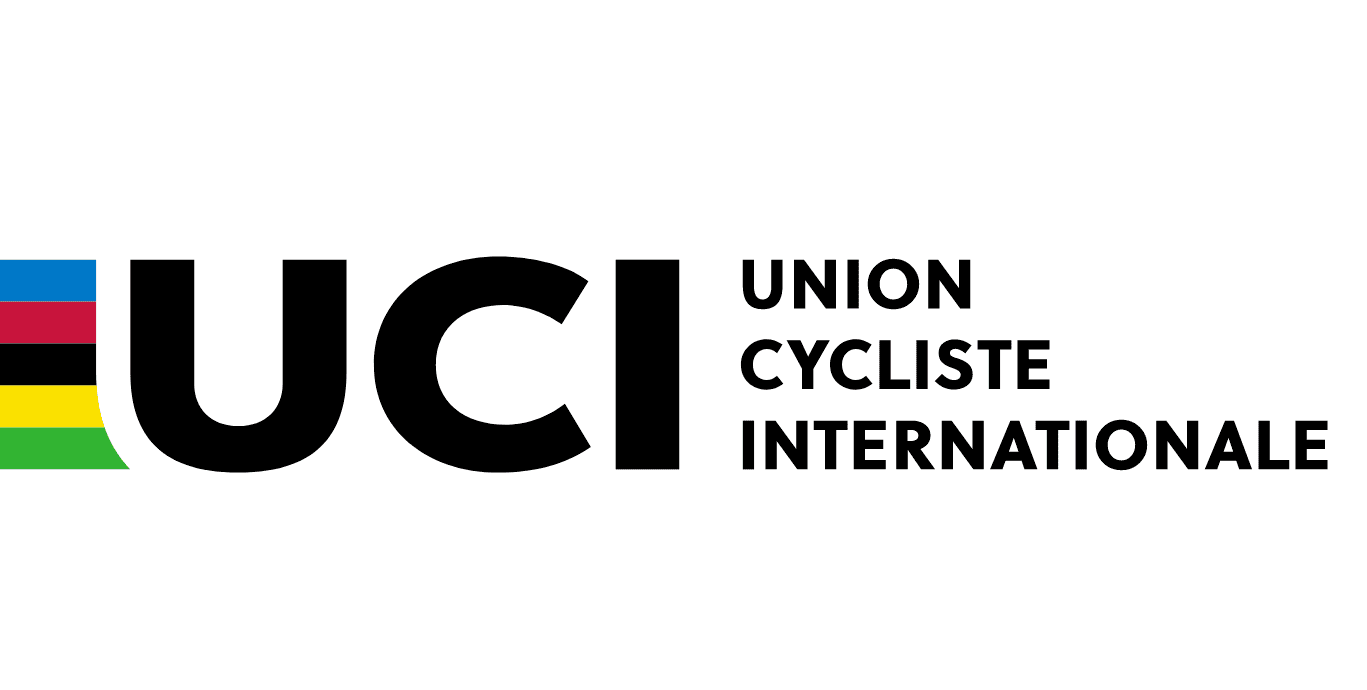UCI hints at stricter rules for transgender athletes
Cycling's governing body will consider lowering the allowable testosterone level for female athletes

The rules for transgender athletes in cycling could be changing, according to a recent statement from the Union Cycliste Internationale (UCI).
The statement makes clear that the UCI will be seeking to half the allowable level of testosterone in female athletes from 10 nmol/L to 5 nmol/L.
The statement from cycling’s governing body comes on the heels of a working group on the theme of transgender athletes’ eligibility in competitive sports. Governing organizations from across sports met in Lausanne on Oct. 19 Along with the UCI, this meeting included International Association of Athletics Federations (IAAF), International Paralympic Committee, and federations for tennis, golf, and rowing. Along with sport federations, the working group also heard from representatives of transgender and cisgender athletes.
UCI stated it intends to follow the conclusions reached by the committee. The working group’s conclusions state that “if a federation decides to use serum testosterone to distinguish between male and female athletes, it should adopt a maximum threshold of 5nmol/L for eligibility for the female category.”
The UCI must now submit this new standard for approval by the UCI Management Committee. The UCI intends to do so, “with a view to application in 2020.”
Changing the standard applied to trans female athletes to 5 nmol/L would bring the UCI into line with the limit that IAAF has imposed on female athletes with differences of sexual development (DSD) such as Olympic gold medallist and former world champion in the 800m, Caster Semenya.
RELATED: Transgender world champion Rachel McKinnon defends title in Manchester
Among the Canadian athletes who would be subject to this regulatory change is Dr. Rachel McKinnon. The Canadian track cyclist is the first female transgendered athlete to earn a world championship title in track cycling. McKinnon recently defended that title, earning a second world championship in the 200 m at the masters track worlds in Manchester, U.K. While McKinnon would be subject to the rules, as any other female athlete would be, she has stated publicly on Twitter that her ability to compete will not be affected by them.
RELATED: Podcast: Transgender track cyclist and world champ Rachel McKinnon

In mountain biking, Kate Weatherly, New Zealand’s two-time downhill national champion, will fall under the new rules, should they be adopted. Weatherly earned her first downhill World Cup podium this year in Lenzerheide, Switzerland in August. Weatherly is still recovering from a serious injury at the Mont-Sainte-Anne world championships, and it is unclear when she will return to racing. She told Pinkbike that she would also not be affected by the proposed rule change.
Read the full text of UCI’s statement concerning future directives on transgender athletes’ eligibility in competitive sports below:
“The Union Cycliste Internationale (UCI) is pleased by the consensus obtained by the working group – of which it is a member alongside other International Federations – which met recently in Lausanne on the theme of transgender athletes’ eligibility in competitive sports.
The UCI shares the conclusions reached by the participants, who included representatives of transgender and cisgender athletes. The conclusions notably state that if a Federation decides to use serum testosterone to distinguish between male and female athletes, it should adopt a maximum threshold of 5nmol/L for eligibility for the female category.
The consensus drawn up by the working group will enable the UCI to take into consideration, in line with the evolution of our society, the wish of concerned athletes to compete while guaranteeing as far as possible equal chances for participants in women’s competitions.
The text concerned will be submitted for approval by the UCI Management Committee with a view to application in 2020. The UCI will adapt its regulations in accordance with the new guidelines.”
